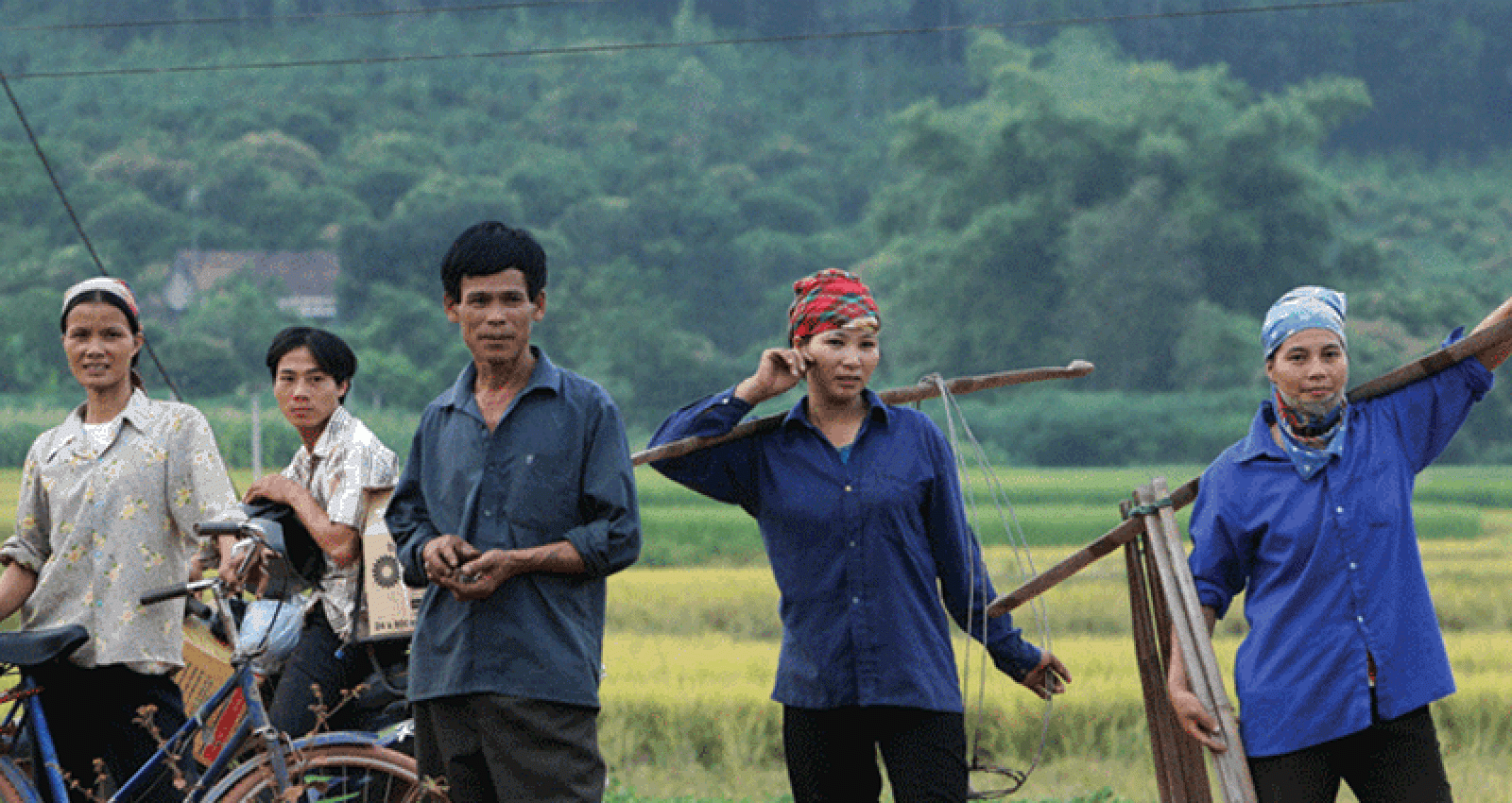Know Your Stakeholders
When conducting evaluations, consider people as well as projects.
When conducting evaluations, consider people as well as projects.
By: Caroline Heider
Do you want your evaluation to have influence? Then you need to know your stakeholders - what motivates them and how best to reach them.
As evaluators, we frequently need to understand inherent biases and what is at stake for different parties, quickly build relationships of mutual respect in order to share views and information, and provide often critical findings in ways that allow stakeholders to feel empowered to do better.
Use stakeholder analysis to understand diverse stakeholders with equally diverse motives
Behind any project being evaluated are individuals who are passionate about their work and concerned about getting a fair evaluation. A boss might be worried about the overall performance of her department, and therefore want a good assessment, despite knowing a project had shortcomings. A policy-maker in the client country who did not back agreed reforms because of their political costs, might not be happy with an evaluator asking difficult questions. A CSO representative could see an evaluation as an opportunity to air frustrations, but have unrealistic hopes about the advocacy role evaluation should play. Tools to analyze stakeholders, their concerns, pressures and preferences, help to provide a more structured understanding of diverse groups and their views, and ensure that different perspectives are considered in the evaluation. Force field analysis is also a great way to map out what position stakeholders would take on an issue and how they will engage with the evaluation.
Building a relationship of mutual respect
Trust is more easily established if we can appreciate another person's perspective and understand the work that they care so deeply about. In my experience that means knowing the project really well and reading everything there is on it before meeting the concerned stakeholders. The rapport gets established on professional grounds and knowing the background deepens the conversation about the successes and challenges people had in making the project work. Being impartial, setting aside preconceived views and listening to different perspectives are essential for both the relationship with stakeholders as well as helping evaluators understand the project, its performance and results.
Care to convey difficult messages
All of this prior work – knowing your stakeholders, their hot buttons, and building relationships of mutual respect – provides the foundation for one of the most difficult parts of the evaluators’ job: caring to convey difficult messages in ways that help stakeholders excel and do better. But doesn’t that run the risk that we end up biased rather than independent? That depends very much on whether, as an evaluator, we retain the ability to balance different views and perspectives, corroborate these with data and documentation, and come to a well evidenced, impartial assessment of success and failure – with the ultimate aim that stakeholders can be more successful.

Comments
Add new comment